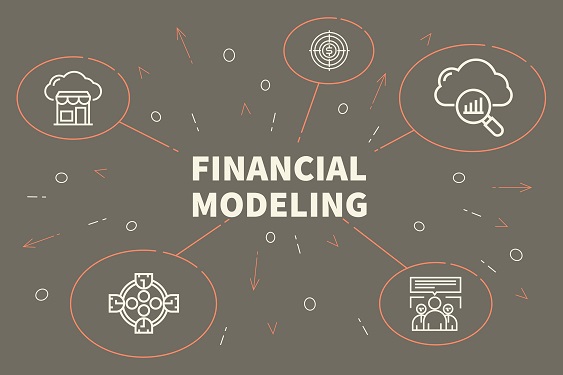Capital gains planning is more than a conversation about taxes. It’s about identity, family, legacy, tradeoffs and non-negotiables. It’s about guarding your pocketbook, but also protecting your heart.
The state of Washington’s decision to increase the capital gains tax in 2025 could force many business owners contemplating a sale to confront the deeply emotional, human questions tied up with their financial decisions. With a 9.9% state capital gains tax layered on top of federal taxes, a business owner’s total tax burden can exceed 30%. That’s often when owners realize navigating this alone could be a costly mistake. Your best bet at making the right decision is to surround yourself with the right experts. The ones who know it’s not just about the numbers, but what matters most to you.
We talked with four seasoned advisors, three tax attorneys and a CPA, who understand that behind every transaction is a person making a critical, once-in-a-lifetime, decision. They see their role as not simply technical but relational. They are guides, leading clients through the thickets, around the quicksand, and on to safer ground.










